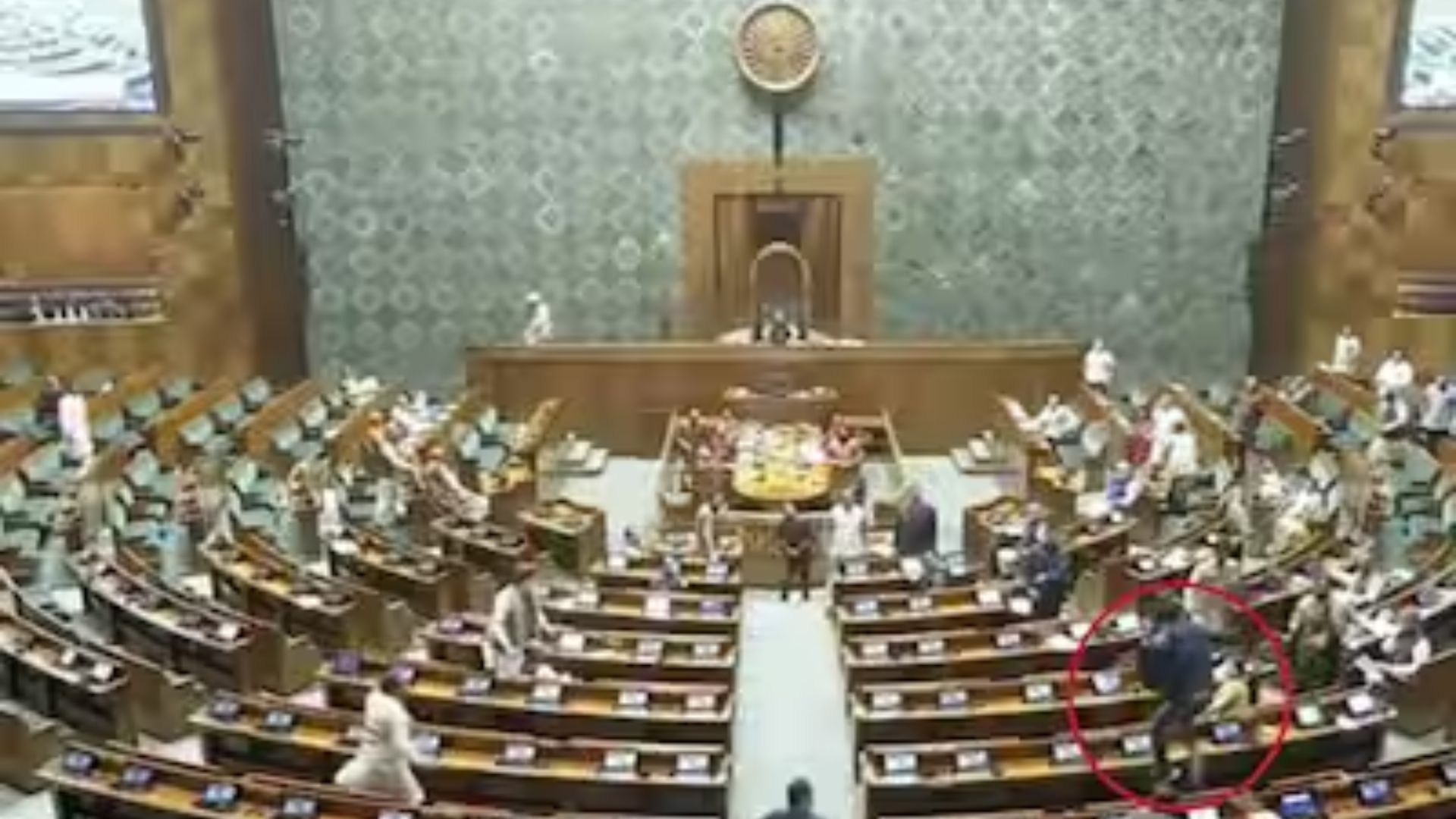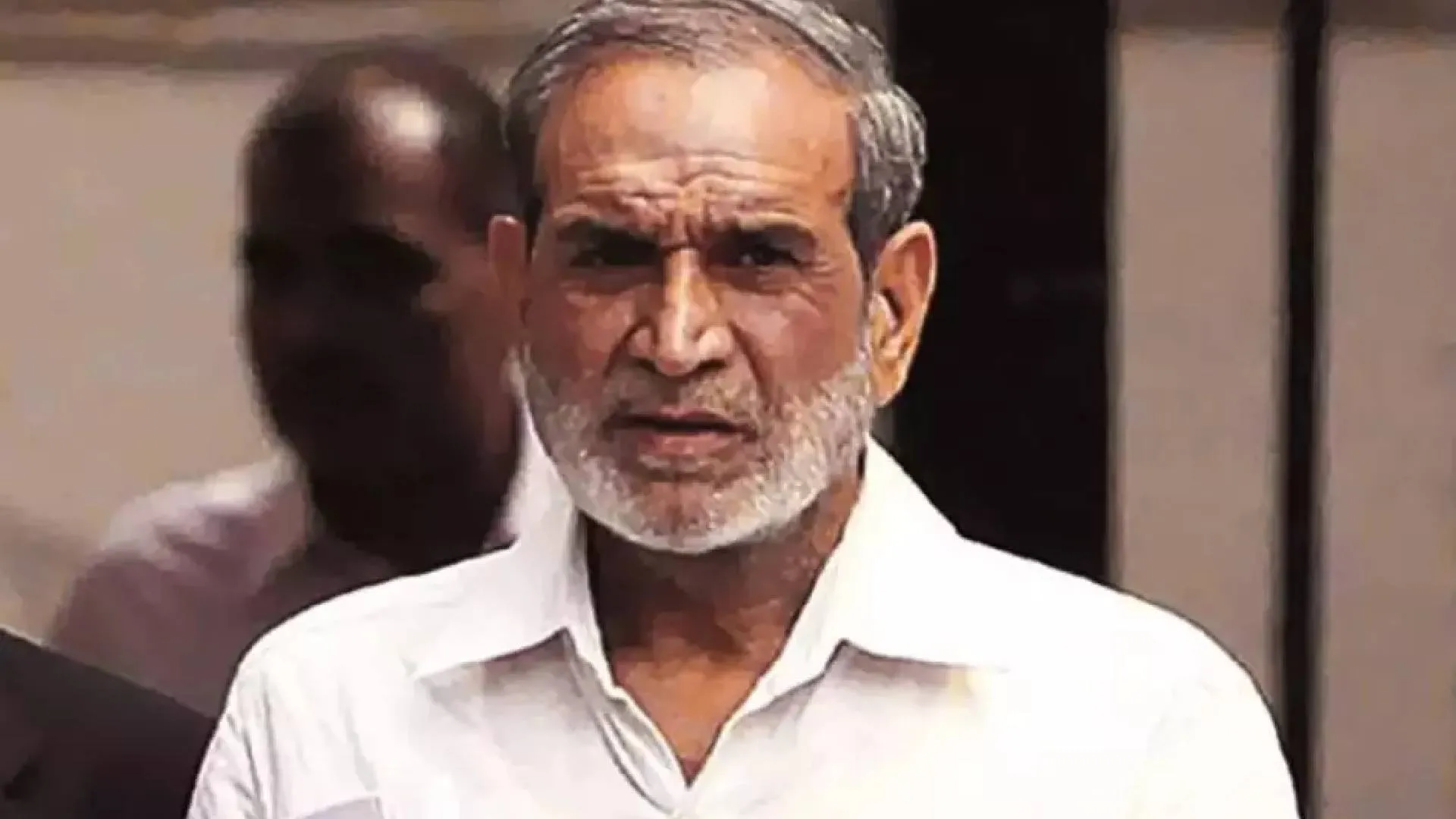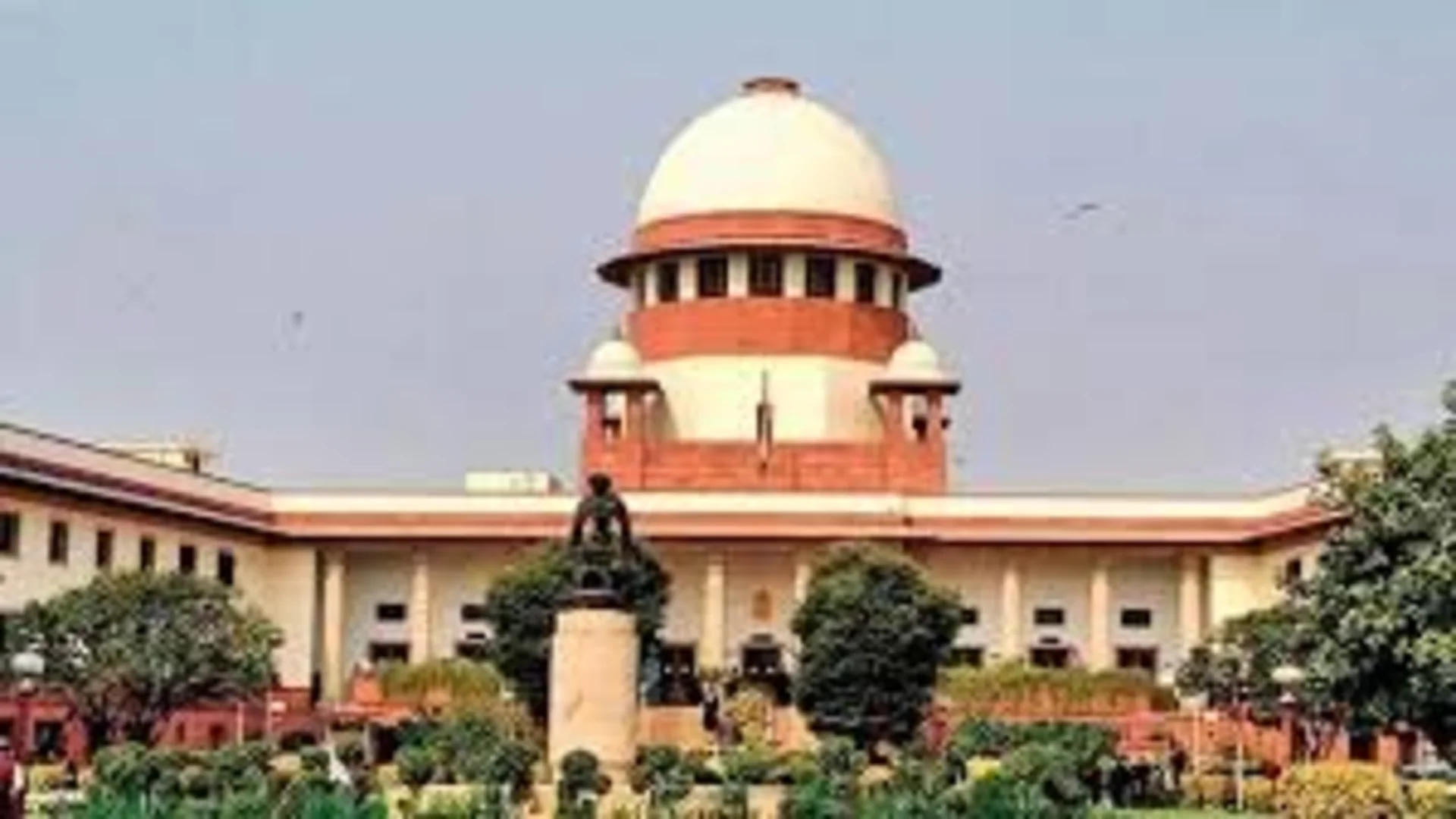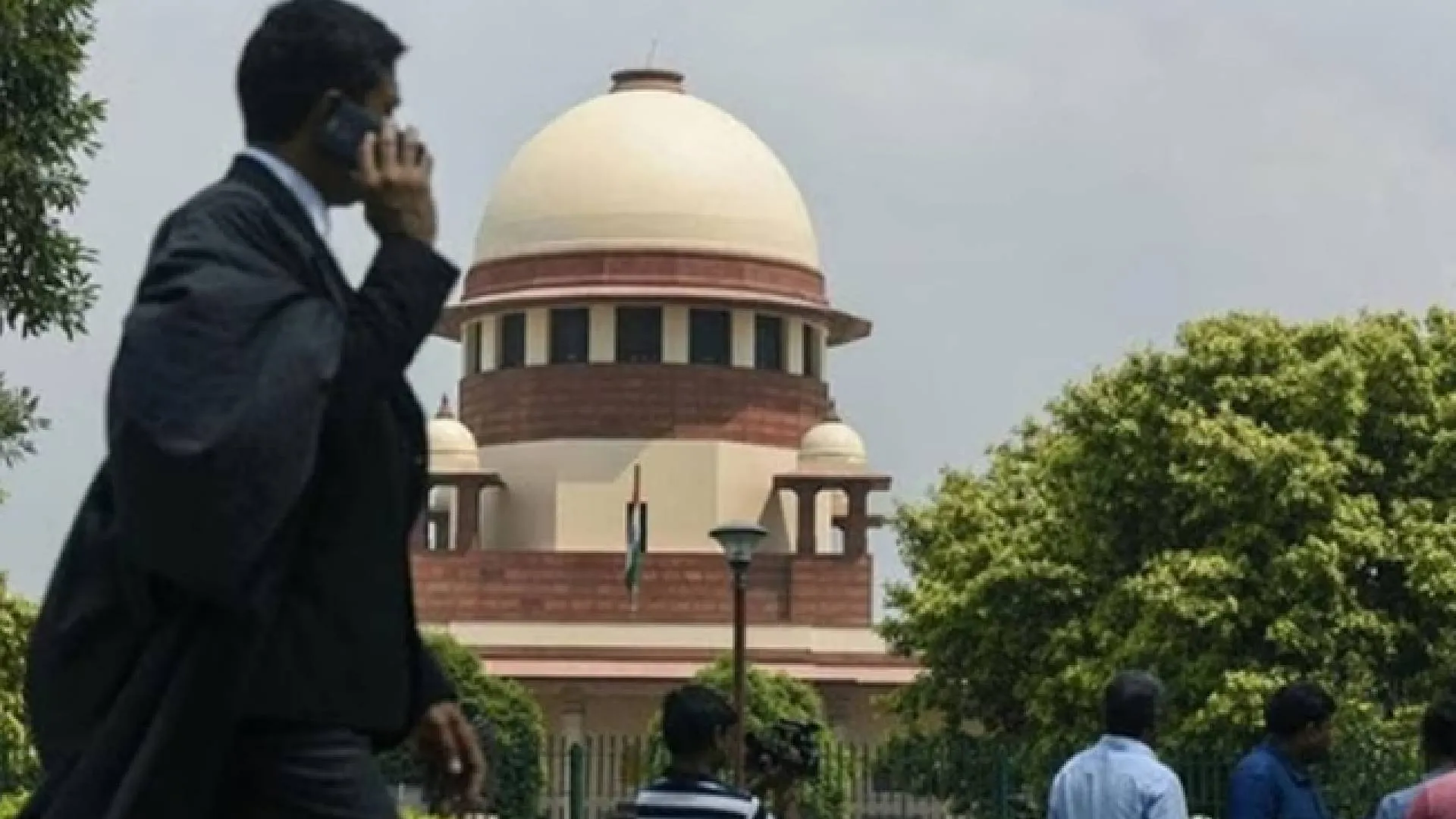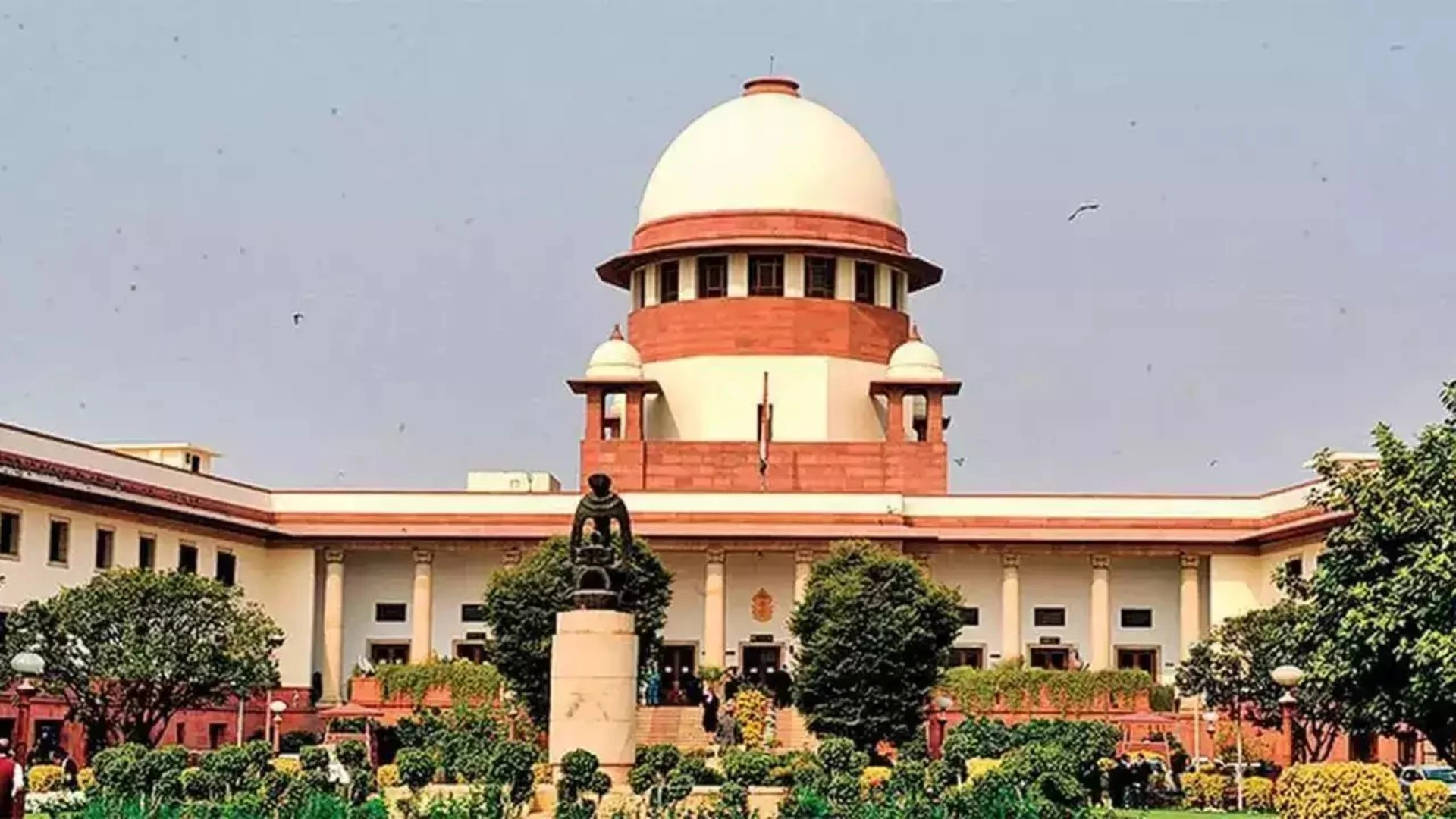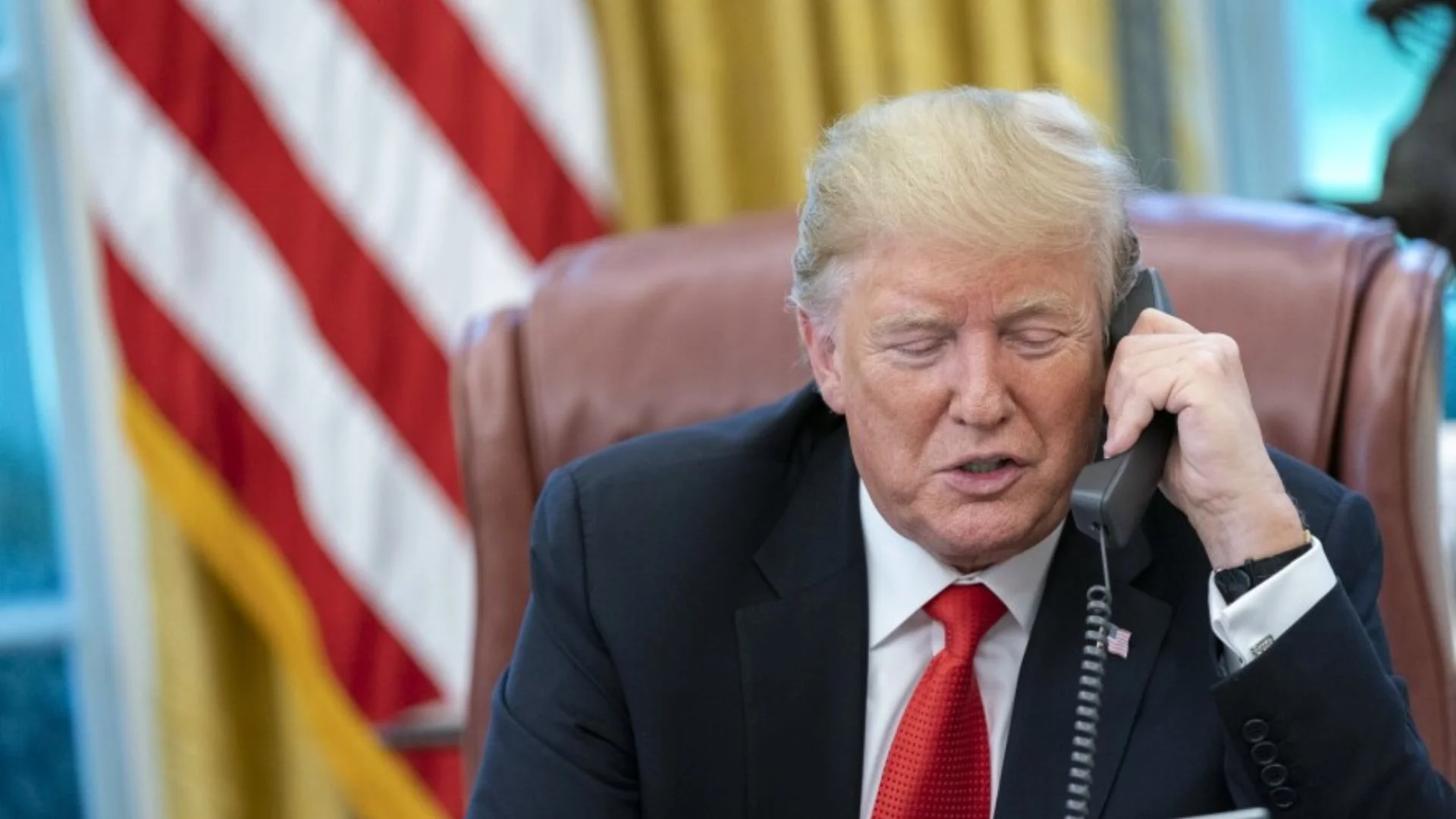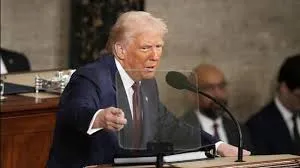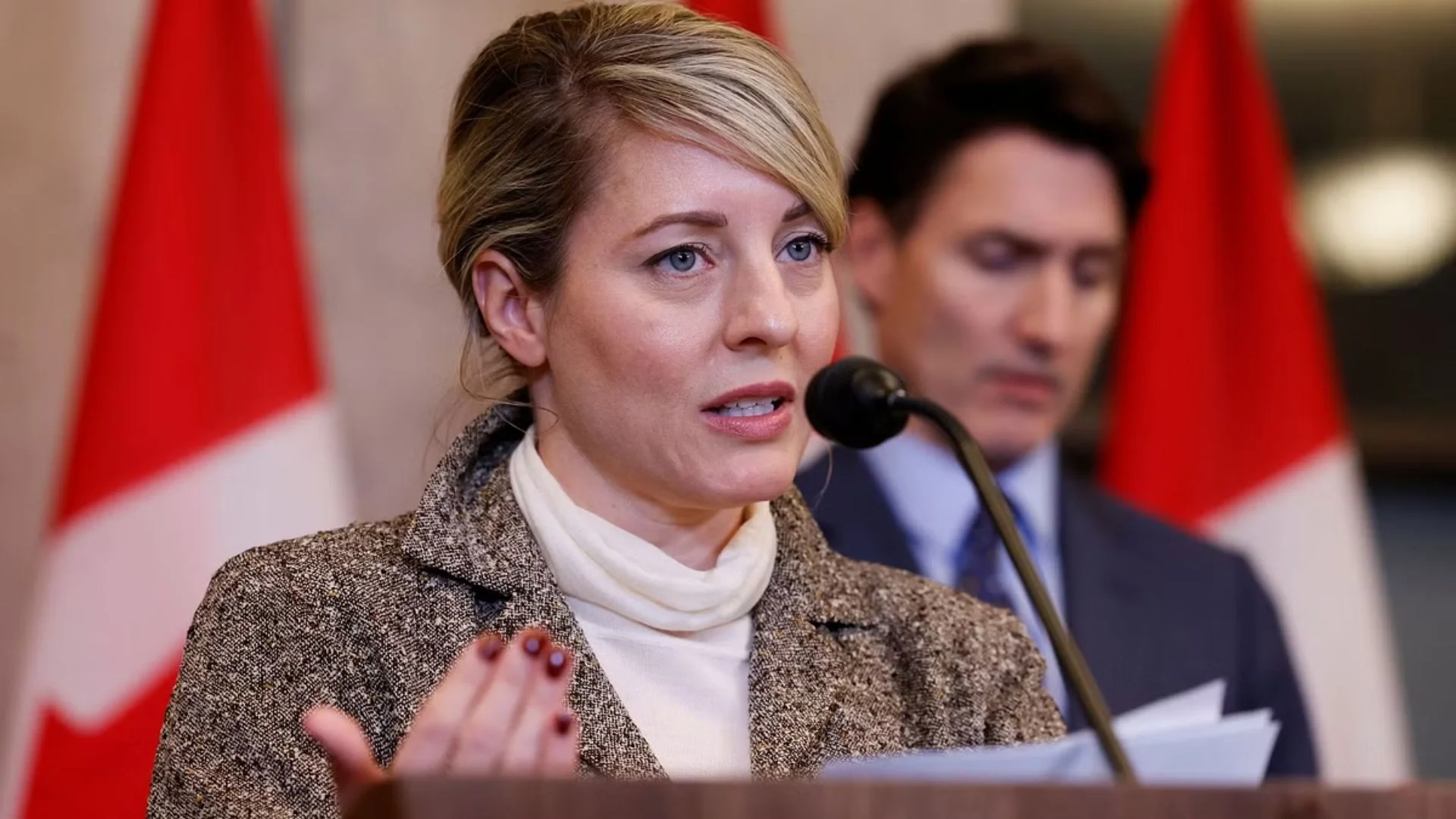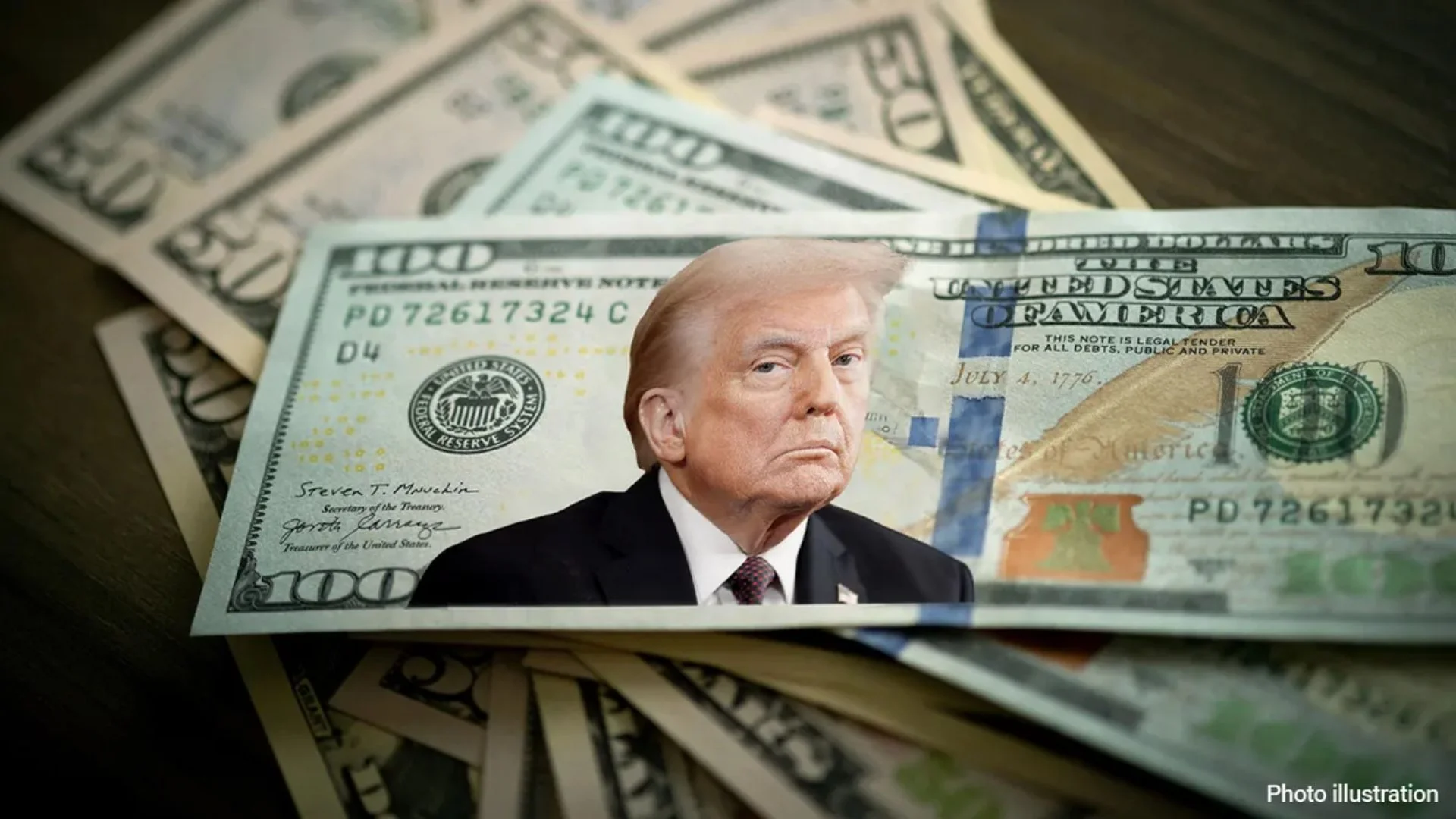The Lok Sabha passed the three criminal laws — the Bharatiya Nyaya (Second) Sanhita, the Bharatiya Nagarik Suraksha (Second) Sanhita and the Bharatiya Sakshya (Second) Bill on Wednesday.
The three bills were passed even as 97 Opposition MPs remain suspended from the Lower House amid protests over the Parliament security breach.
The Union Home Minister Amit Shah stated that the bills are based on three principles, ‘person’s freedom, human rights and impartiality’.
Amit Shah added that the three new laws ‘reflect the spirit of the original Indian Code of Justice’.
What Amended Criminal Laws Say:
The bills passed were tabled by the Union Home Minister Amit Shah on Tuesday, wherein he spoke about the bills on Wednesday and stated that under the newly amended laws, ‘if one accepts their crime within 30 days of the crime, then the punishment would be less.’
The Union Home Minister Amit Shah stated that the laws give priority to ‘crime against women or children, impact on human body and security of the country.
Shah stated that it is now compulsory to record the statement of victims and it will now be recorded online.
The Union Home Minister Amit Shah stated in the Lok Sabha that under the amended laws, the deadline for filing deadline for filing an FIR has been fixed and after submitting the investigation report to t the District Magistrate, it will have to be presented before the court within 24 hours.
Therefore, there is the provision to send the medical report directly to the police station/court within seven days.
The Chargesheet can no longer be kept pending after 180 days.
The Accused will now be given seven days to file a plea for acquittal.
The judge has to hold the hearing in those seven days, and in a maximum time of 120 days, the case would come to trial. Earlier, there was no time limit for plea bargaining.
Shah added that there was no such provision to present documents during trials and we have made it compulsory to produce all documents within 30 days. No such delays will be made in that.
Amit Shah says that Mob lynching accused to be punished with death penalty under new law.
Moreover, if the accused in the case fails to appear before the court within 90 days, then the trial will proceed in his/her absence.
Shah stated that in such case the lawyers appointed by the government will get the person bail or put him/her on death row…there will be a quick procedure to bring the accused to India from other countries.
In in CrPC, there were 484 sections. Now there will be 531 sections in it. Changes have been made in 177 sections and nine new sections have been added. (As many as) 39 new sub-sections have been added. 44 new provisions have been added.
Shah also addressed the financial challenges faced by the needy while pursuing a case in court. For years ‘tareekh pe tareekh’ keep going. Thus, Police hold the judicial system responsible. The government holds the police and judiciary responsible and the police and judiciary hold the government responsible for the delay. Now we have made many things clear in the new laws.
The new bills also explained ‘organized crime’ for the first time. There was no special law for this. In this, we have included cybercrimes, economic crimes, land grabbing, arms trade, dacoity, human trafficking.
The Union Home Minster Amit Shah stated that the new laws are «gender-neutral”, “victim-centric” and “justice-centric”, rather than “punishment-centric”.
The Bharatiya Sakshya Bill remains unchanged and has 170 sections. Of which, 23 sections have been sourced from the Indian Evidence Act.

